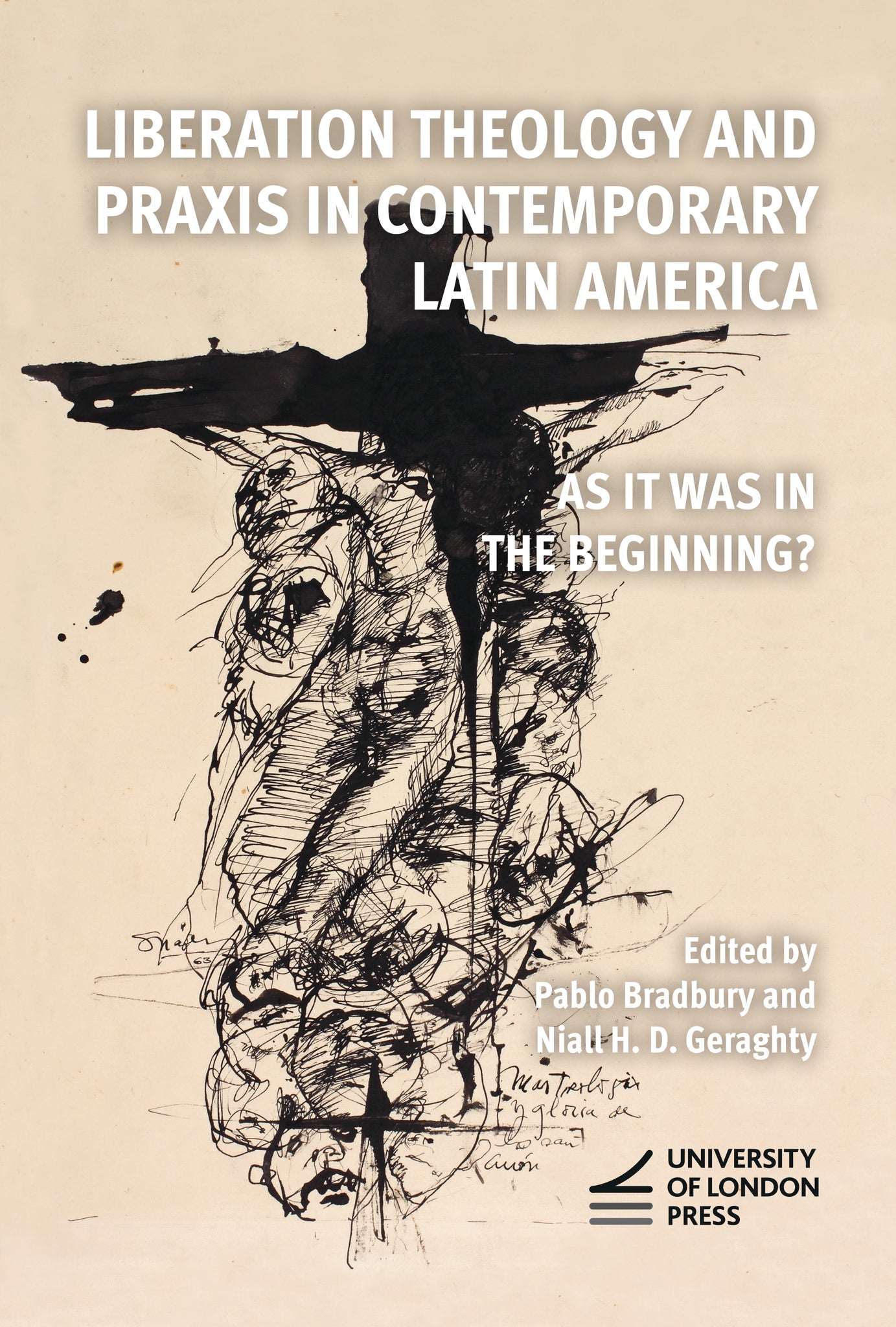We're sorry. An error has occurred
Please cancel or retry.
Liberation Theology and Praxis in Contemporary Latin America

Some error occured while loading the Quick View. Please close the Quick View and try reloading the page.
Couldn't load pickup availability
- Format:
-
20 February 2025

This interdisciplinary volume brings together approaches from history, theology, cultural studies, architecture, sociology, and anthropology to reevaluate the legacy and significance of liberation theology in Latin America.
Liberation theology was born in the 1960s at a time of Church renewal and socio-economic ferment, as many sought radical solutions to the perceived exhaustion of developmentalist projects and the institutionalised violence of capitalism and dependency. By focussing on praxis – the lived experiences, spiritual, and embodied practices of those engaged in social action – the book challenges the assumption that liberation theology had reached its twilight by the late 1970s. Indeed, it demonstrates that liberationist Christianity was more diverse and internally conflicted, more widely resonant outside ecclesial confines, and more interconnected over time, than often allowed.
The chapters provide new perspectives on liberationist engagements with, and influence on, ecclesiology, Participatory Action Research, architecture and urbanism, feminism, human rights, ecofeminist political theology, and more, from the 1960s to the present moment in Latin America. Drawing these threads together, the book invites us to reconsider liberation theology’s praxis in retrospect and the continuities and changes that reach into the present day.

RELIGION / Christian Theology / Liberation, Theology, HISTORY / Latin America / General, History of the Americas

The book … assumes great relevance with the shifting landscape of the Catholic Church under Pope Francis… It presents a compelling case for (the Church’s) ongoing evolution, demonstrating how it intersects with contemporary struggles for justice, gender equality, environmental activism and human rights. Through a series of interdisciplinary contributions, the book highlights the enduring relevance of liberation theology’s core concerns… An essential read for scholars of religion, history and Latin American studies, as well as for activists, and policymakers seeking to understand the enduring impact of liberationist thought.
—Stefan van der Hoek, Research Associate, Research Center for Religion and Education (RCRE), Friedrich Schiller University Jena, Germany.
-
Foreword: Theology in the Footsteps of the Martyrs
Martha Zechmeister CJ -
Introduction: As it was in the Beginning?
Pablo Bradbury and Niall Geraghty -
1 Conflict and Ecclesiology: Obedience, Institutionality and People of God in the Movement of Priests for the Third World
Pablo Bradbury -
2 Legacies of the “Bridge-man”: Catholic Accompaniment, Inter-class Relations and the Classification of Surplus in Montevideo
Patrick O’Hare -
3 Orlando Fals-Borda’s Participatory Action Research: At and Beyond the Crossroads of Camilo Torres’s Neo-socialism and Liberation Theology
Juan Mario Díaz-Arévalo -
4 The Impact of Liberation Theology in the Latin American Built Environment
Fernando Luiz Lara -
5 When Liberation Theology Met Human Rights
Anna Grimaldi -
6 “Women, The Key to Liberation?”: A Feminist Theology of Liberation at the Catholic Women’s Conference at Puebla
Natalie Gasparowicz -
7 Towards the Possibility of an Ecofeminist Political Theology: The Case of Collective Con-spirando
Ely Orrego-Torres -
Afterword: Contemporary Witnesses to Life and Liberation: The Persistent Reality of Latin American Martyrdom as an Ever-Evolving Challenge to Liberation Theologies Today
Elizabeth O’Donnell Gandolfo



